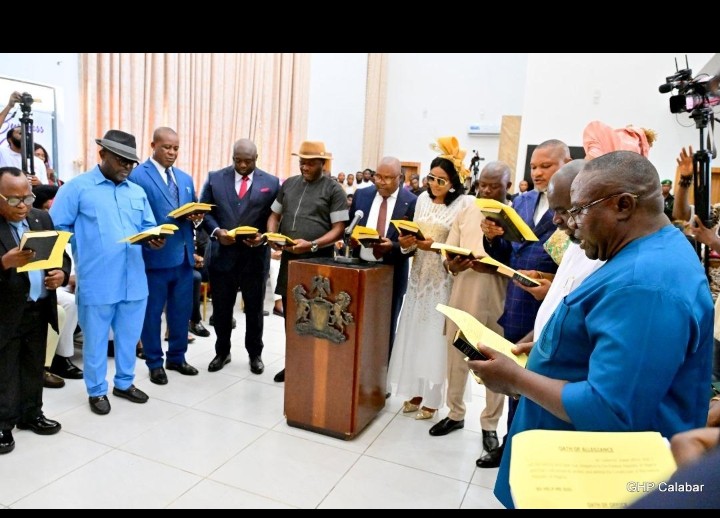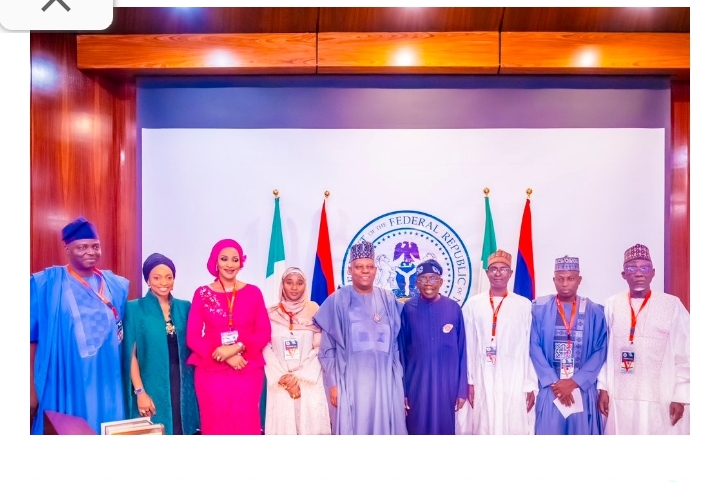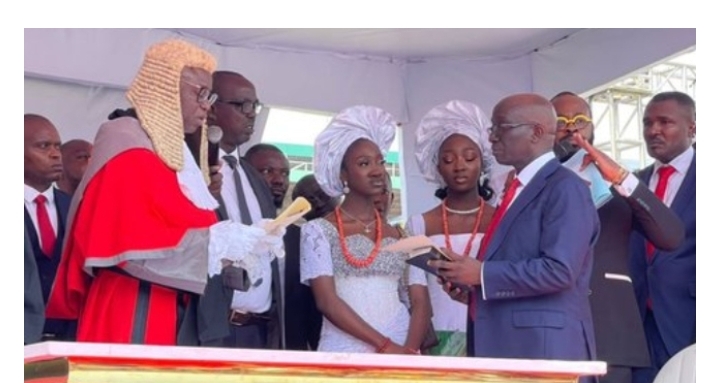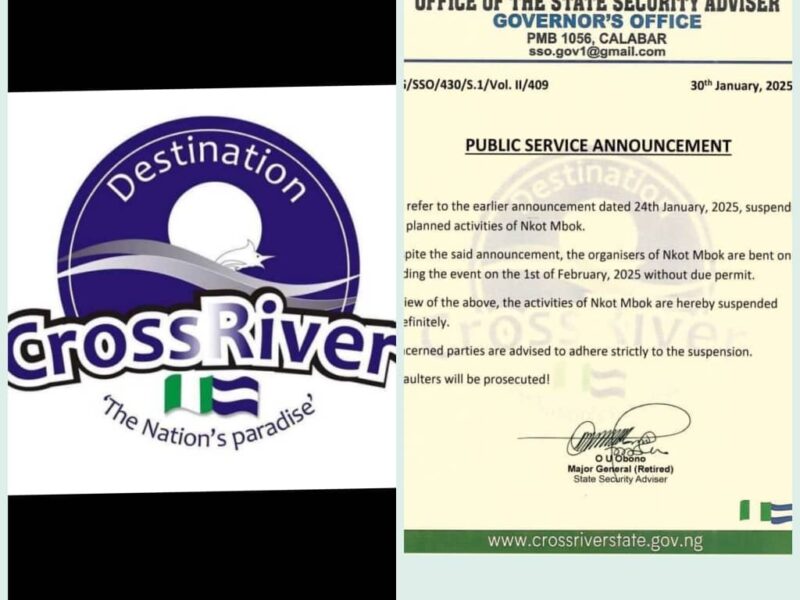Unraveling Boko Haram’s Complexity: Insights from Goodluck Jonathan
Former President Goodluck Jonathan recently shared a remarkable revelation about Boko Haram’s insurgency in Nigeria. Speaking at the public presentation of “Scars,” a book authored by former Chief of Defence Staff, Gen. Lucky Irabor, Jonathan disclosed that Boko Haram once nominated Muhammadu Buhari as their preferred negotiator in peace talks with the Federal Government.
During his administration, Jonathan set up several committees to explore dialogue with Boko Haram. Surprisingly, the insurgents named Buhari as their preferred negotiator. Jonathan expected that when Buhari became president, he would leverage this connection to negotiate with the terrorists and bring an end to the insurgency. However, the crisis persisted .
Jonathan emphasized that the inability of Buhari to eradicate Boko Haram terrorists shows that the crisis is more complex than often portrayed. According to him, Boko Haram’s activities cannot be attributed to a single factor, and the group’s access to sophisticated weapons suggests external support beyond mere hunger or poverty .
Jonathan urged the current administration to consider a carrot-and-stick approach to address the insurgency. He believes that Nigeria needs to look at the Boko Haram issue differently from the conventional approach and that military officers involved in the Boko Haram saga should provide information about what the group truly stood for .
The abduction of the Chibok schoolgirls in 2014 remains a permanent scar on Jonathan’s administration. He hopes that one day, leaders of the insurgent group will document their actions, providing clarity on the insurgency’s motives .
The insurgents named Buhari as their preferred negotiator in peace talks with the Federal Government.
The crisis is more complex than often portrayed, with external support and sophisticated weapons involved.
Nigeria needs to adopt a different approach to address the Boko Haram issue, considering the group’s complexity and external backing.
Military officers and insurgent leaders should provide information about the group’s true motives and actions .






